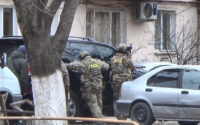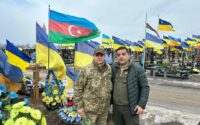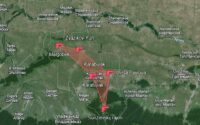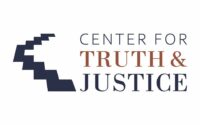Azerbaijan SWOT Analysis
Its strategic location, natural resources, and complex history shapes Azerbaijan’s geopolitical landscape. This SWOT analysis provides a comprehensive understanding of Azerbaijan’s current socioeconomic and political environment and guides investors in understanding the country’s potentialities and challenges.















